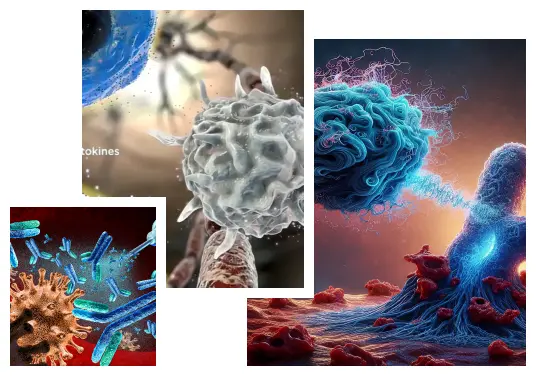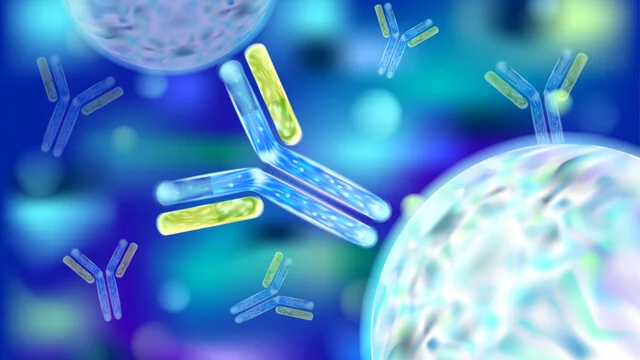What is IFN B?
An Introduction to Interferon Beta (IFN B)
Interferon Beta or IFN B or IFN β is a human cytokine encoded by the IFNB1 gene. IFN B belongs to the Interferon type I family that regulates the immune system in humans. They are present in all mammals. IFN B has anticancer, antibacterial, and antiviral properties responsible for innate immune responses. In response to antiviral activity, fibroblasts which are the most common cell types of connective tissues, produce large quantities of IFN B proteins. There are two subtypes of IFN B proteins: IFNB1 and IFNB3. IFN B binds to the IFN-α/β receptor, a cell surface receptor complex comprising two chains, IFNAR1 and IFNAR2.
The MIF protein is an inflammatory cytokine. Upon bacterial invasion, WBC’s release MIF into circulation. These MIF proteins bind to the CD74 receptors on other cells of the immune system and orchestrate an acute immune response. Besides, glucocorticoids stimulate WBCs to secrete MIF protein that partially counteracts glucocorticoids’ inhibitory effects on the immune system. Thus, MIF suppresses the anti-inflammatory effects and aids macrophage functions in the host defense mechanism.
When you search for “What is Interferon Beta?” you will find its trade names or aliases – Interferon Beta-1alpha, Avonex, Rebif, Betaferon, and Plegridy.














































